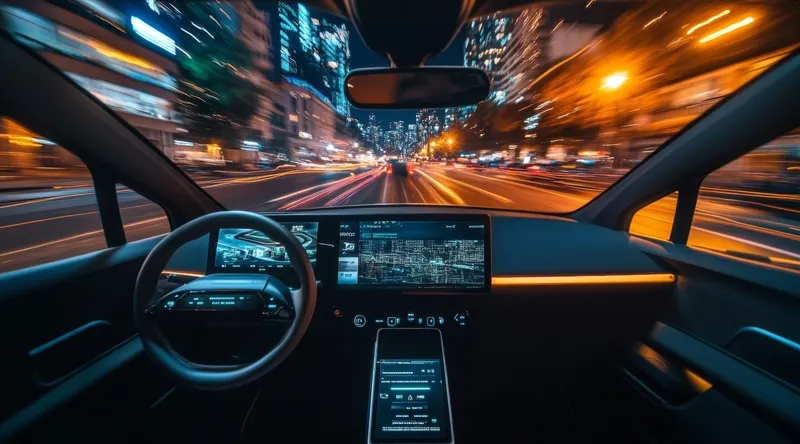According to Frost & Sullivan, Apple’s alleged future mobility program Project Titan, coupled with patent publications related to connected car technology and US$10 billion spent on research and development, indicates its interest in creating an automotive solution that revolves around the iPhone.
Frost & Sullivan’s Scenario Analysis of Apple’s Strategy to Enter the Car Industry discusses the possible products and/or services that Apple could offer through Project Titan. The analysis also explores the ra
January 18, 2017
Read time: 2 mins
According to 2097 Frost & Sullivan, Apple’s alleged future mobility program Project Titan, coupled with patent publications related to connected car technology and US$10 billion spent on research and development, indicates its interest in creating an automotive solution that revolves around the iPhone.
Frost & Sullivan’s Scenario Analysis of Apple’s Strategy to Enter the Car Industry discusses the possible products and/or services that Apple could offer through Project Titan. The analysis also explores the rationale behind Apple’s interest in the automotive industry and details the most probable service and/or product that is Apple is expected to release by 2021.
“Apple has a long way ahead before its autonomous vehicle becomes a reality. With automotive and technology companies working together to build autonomous cars, Apple is expected to face fierce competition when it launches its product(s)/service(s),” said Frost & Sullivan mobility research analyst Ajay Natteri.
In addition, growth could be hindered in initial years by customer fear of fully autonomous vehicles, existing laws for autonomous car use and accident liability issues.
According to Natteri, Apple’s entry into the automotive industry will help it complete its network, comprising devices software, cloud storage, and home kit, thereby offering seamless access to personal data both at home and on the move. Its acquisition of companies in the field of artificial intelligence and machine learning indicates interest in creating a service solution for the automotive industry that could revolve around the iPhone.
Frost & Sullivan’s Scenario Analysis of Apple’s Strategy to Enter the Car Industry discusses the possible products and/or services that Apple could offer through Project Titan. The analysis also explores the rationale behind Apple’s interest in the automotive industry and details the most probable service and/or product that is Apple is expected to release by 2021.
“Apple has a long way ahead before its autonomous vehicle becomes a reality. With automotive and technology companies working together to build autonomous cars, Apple is expected to face fierce competition when it launches its product(s)/service(s),” said Frost & Sullivan mobility research analyst Ajay Natteri.
In addition, growth could be hindered in initial years by customer fear of fully autonomous vehicles, existing laws for autonomous car use and accident liability issues.
According to Natteri, Apple’s entry into the automotive industry will help it complete its network, comprising devices software, cloud storage, and home kit, thereby offering seamless access to personal data both at home and on the move. Its acquisition of companies in the field of artificial intelligence and machine learning indicates interest in creating a service solution for the automotive industry that could revolve around the iPhone.









